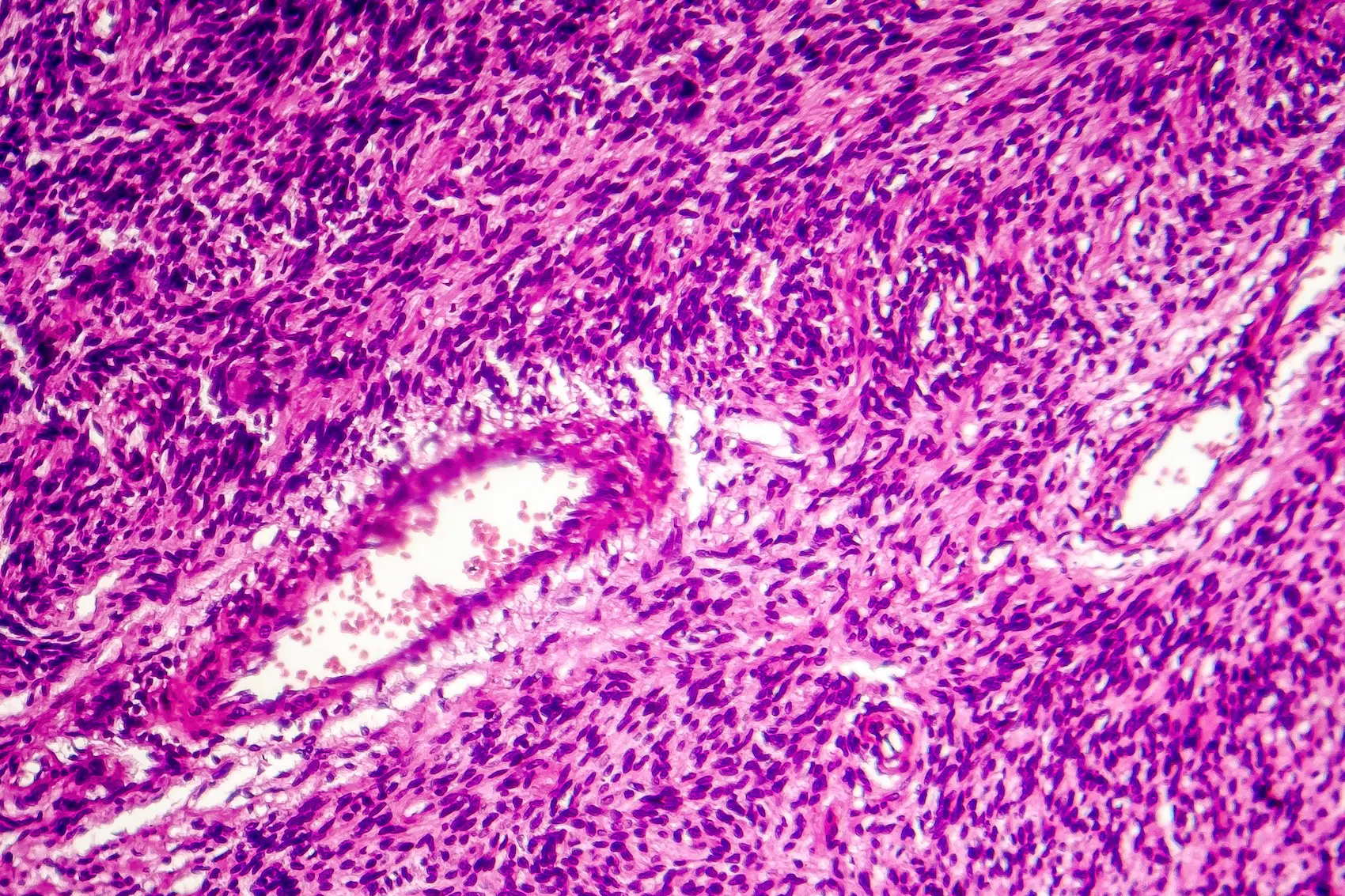Introduction
Bone cancer, though relatively rare, can have significant impacts on patients and their families. While environmental factors and random genetic mutations often play a role, hereditary genetic factors can also contribute to the risk of developing bone cancer. Understanding these genetic factors can help in early detection, personalized treatment, and family counseling.
Genetic Syndromes Associated with Bone Cancer
Certain inherited genetic syndromes can increase the risk of developing bone cancer. These syndromes often involve mutations in specific genes that normally help control cell growth and division. Key genetic syndromes include:
Li-Fraumeni Syndrome:
- Gene Involved: TP53
- Description: A hereditary condition that significantly increases the risk of various cancers, including osteosarcoma and soft tissue sarcomas. TP53 is a tumor suppressor gene, and mutations can lead to uncontrolled cell growth.
Hereditary Retinoblastoma:
- Gene Involved: RB1
- Description: Children with hereditary retinoblastoma, a cancer of the eye, have a higher risk of developing osteosarcoma. The RB1 gene mutation is inherited and affects the ability to regulate cell growth.
Rothmund-Thomson Syndrome:
- Gene Involved: RECQL4
- Description: This rare genetic disorder is characterized by skin rashes, skeletal abnormalities, and an increased risk of osteosarcoma. Mutations in the RECQL4 gene impair DNA repair processes.
Multiple Hereditary Exostoses (MHE):
- Genes Involved: EXT1 and EXT2
- Description: MHE is characterized by the development of multiple benign bone growths (exostoses). While these growths are usually non-cancerous, there is an increased risk of chondrosarcoma.
Paget’s Disease of Bone:
- Gene Involved: SQSTM1
- Description: This chronic disorder leads to abnormal bone destruction and regrowth, increasing the risk of developing osteosarcoma in affected bones, particularly in older adults.
Role of Genetic Testing and Counseling
Genetic testing can identify specific inherited mutations that increase the risk of bone cancer. This information is valuable for:
- Early Detection: Individuals with known genetic mutations can undergo regular screenings to detect cancer at an early, more treatable stage.
- Family Planning: Genetic counseling helps families understand the risks and implications of hereditary conditions, assisting in making informed decisions about family planning.
- Personalized Treatment: Knowledge of genetic mutations can guide the selection of targeted therapies and inform treatment decisions to improve outcomes.
Genetic Testing Process:
- Consultation: A genetic counselor or oncologist will discuss the patient’s family history and potential risks.
- Sample Collection: Blood or saliva samples are collected for DNA analysis.
- Analysis: Laboratory tests identify specific gene mutations.
- Results and Counseling: Patients receive their results and counseling on the implications and next steps.
Implications of Genetic Findings
Identifying genetic factors in bone cancer has several important implications:
- Preventive Measures: High-risk individuals can take preventive measures, such as lifestyle changes and prophylactic treatments, to reduce their cancer risk.
- Targeted Therapies: Certain genetic mutations may respond better to specific treatments, such as targeted therapies that focus on the molecular characteristics of the tumor.
- Research and Clinical Trials: Understanding genetic factors contributes to ongoing research and the development of new treatments. Patients with specific genetic mutations may qualify for clinical trials testing innovative therapies.
Conclusion
Understanding the genetic factors in bone cancer is crucial for early detection, effective treatment, and informed family planning. At Fight Bone Tumors, we offer comprehensive genetic counseling and testing services to help patients and their families understand their risks and options. Our dedicated team, led by Dr. Kishore B Reddy, is committed to providing personalized care and support for those affected by bone cancer. If you have a family history of bone cancer or related genetic syndromes, contact us to learn more about genetic testing and preventive care. Together, we can take proactive steps towards a healthier future.


